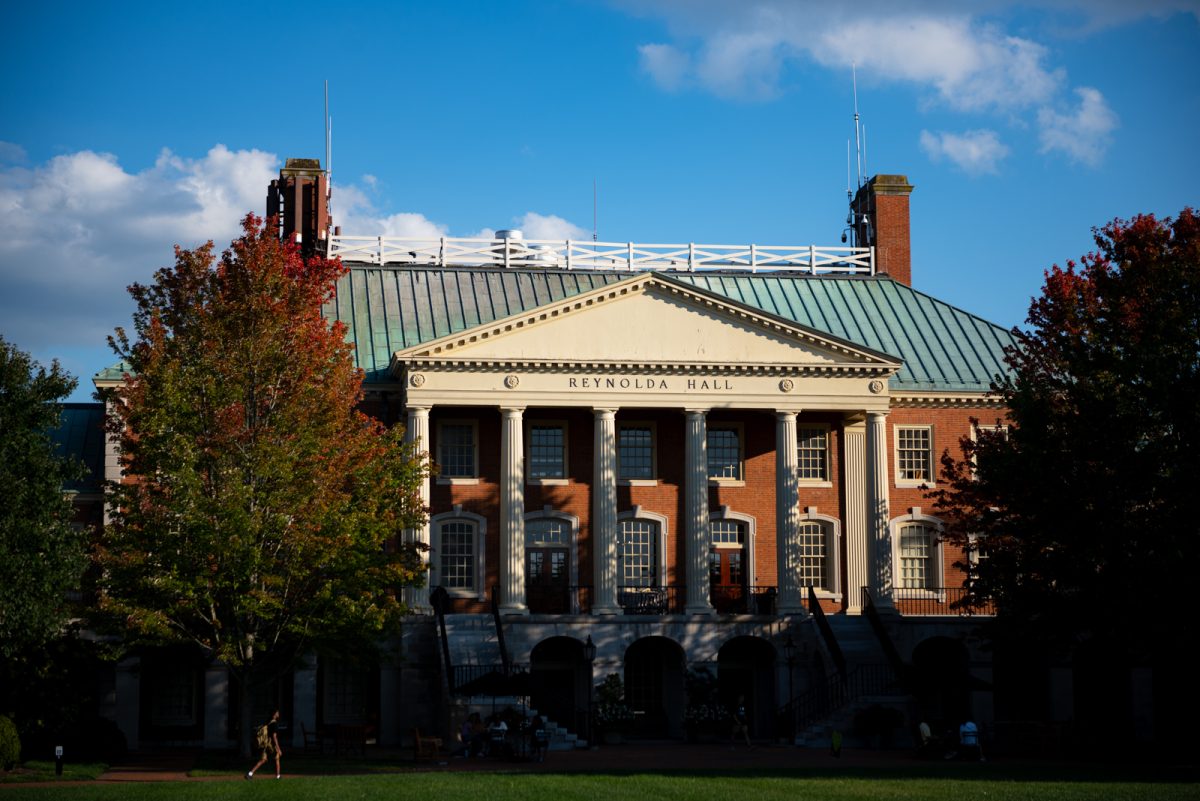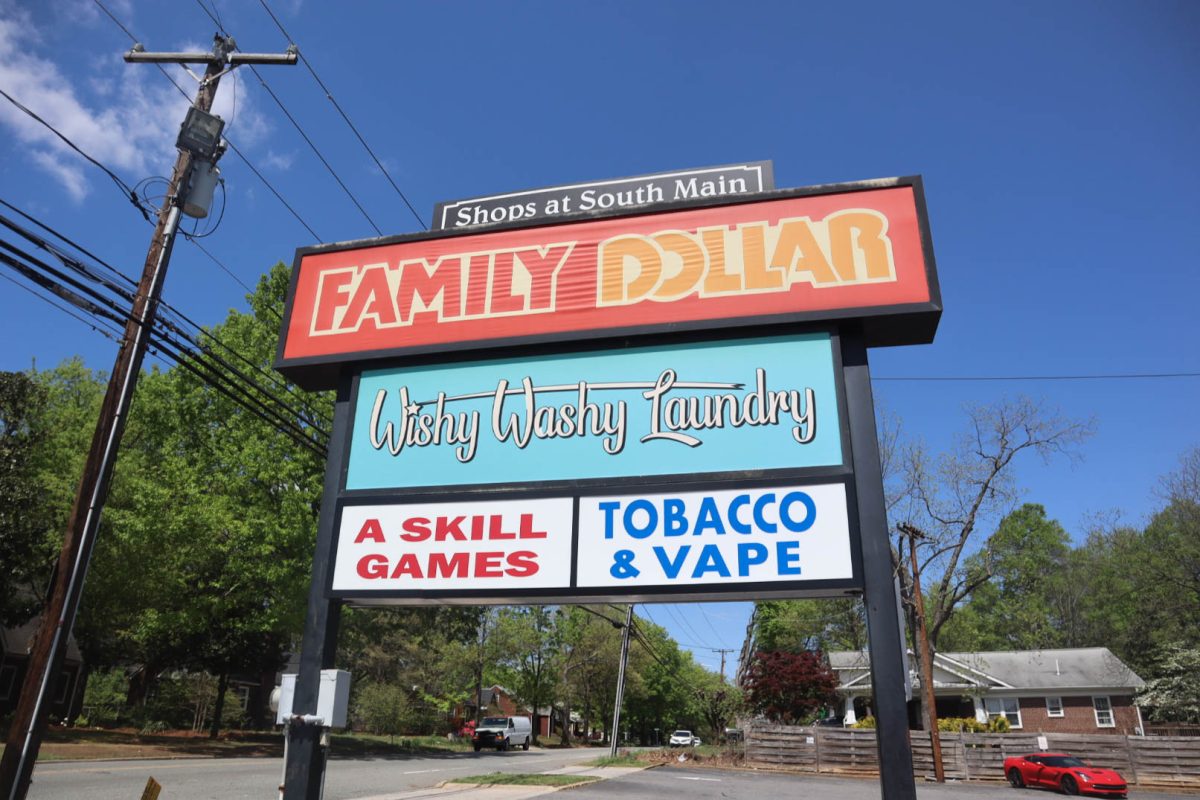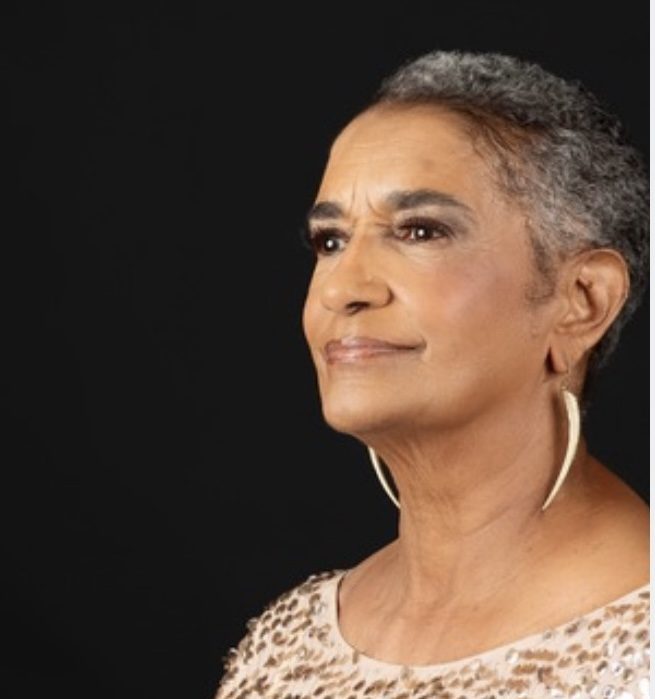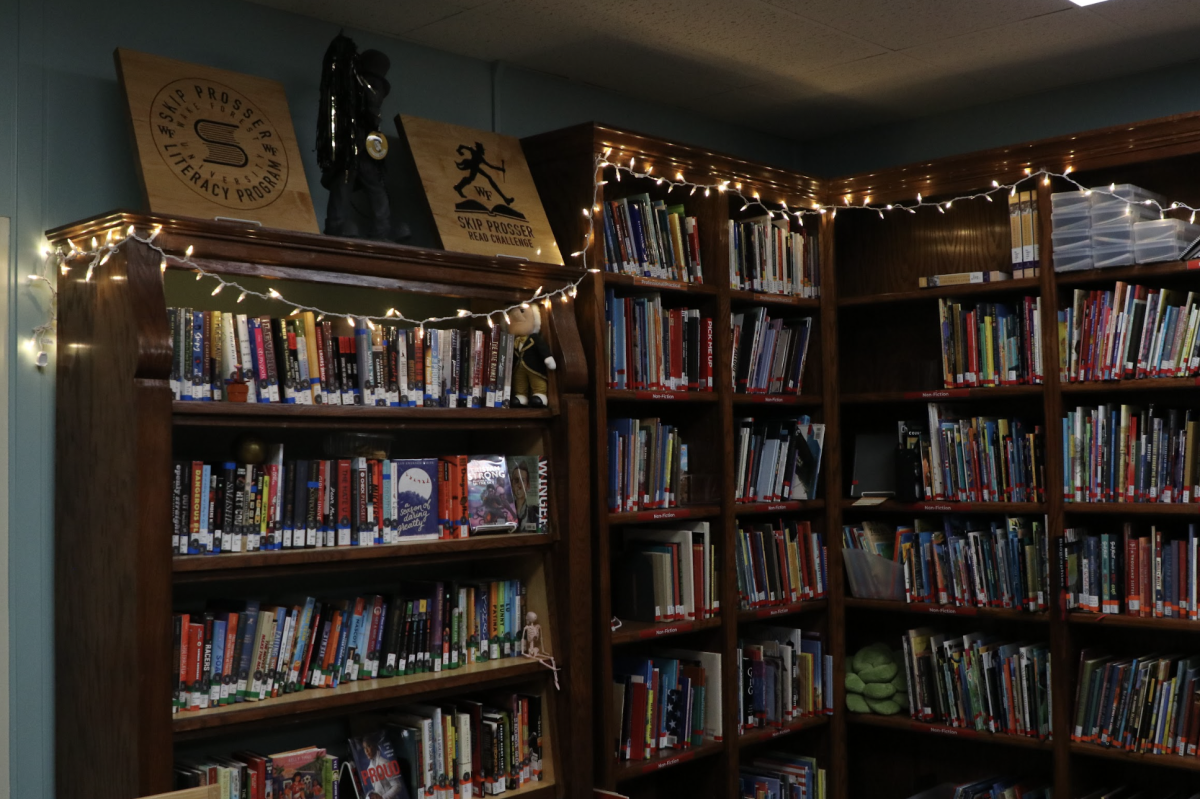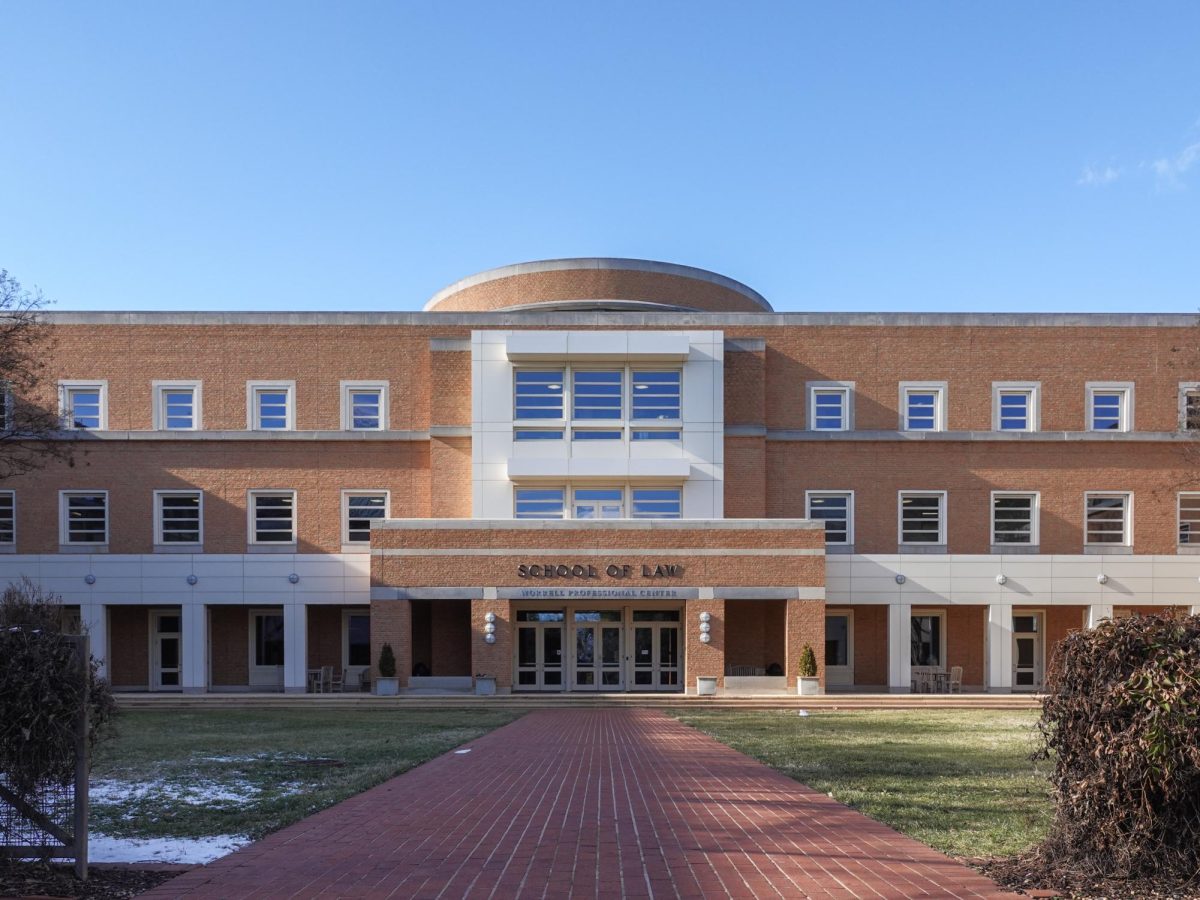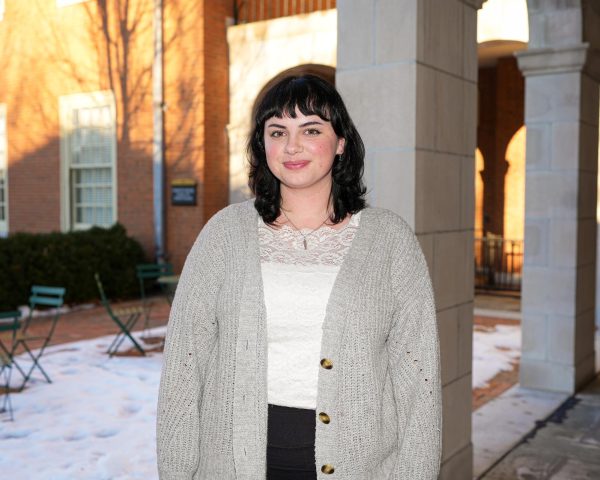Wake Forest released a policy detailing the guidelines and regulations for protesting and chalking on Aug. 1, following the end-of-semester pro-Palestine protest that evolved into an encampment.
The policy, titled University Policy on Demonstrations, Chalking and Posting, was approved by President Susan Wente and created with guidance from the Staff Advisory Council, Student Government and Faculty Senate, alongside other administrative officials. The policy can be read in full here.
During the student protests at the end of the spring semester, a draft policy was released — created mainly by the university administration. According to Julia Jackson-Newsom, associate vice president for policy and government affairs, via an email to the Old Gold & Black, President Wente requested that a comprehensive protest and chalking policy be developed in February. With the aid of the aforementioned groups, the University released the protest policy in time for the Fall 2024 semester.
In an email to Old Gold & Black, Matthew Clifford, the vice president of campus life and dean of students, explained the administrative reasoning behind the policies’ creation.
“As the new policy states, we want to maintain an environment that provides a fulsome opportunity for expression while taking into account the realities that come with being a residential research university where many Wake Foresters live, learn and work in a variety of settings,” Clifford said.
Here are the key takeaways of the policy.
University preface
Reason for the policy
The policy statement is simple: the University believes in the tenets of freedom of speech and peaceful assembly. However, it also believes in the right of students, faculty and staff to live, work and study in a place free of disruption. Demonstrations, chalking and signage are unsupported by the University if they cause physical damage to Wake Forest properties, are defamatory or infringe on other’s self-expression. It is also unsupported when it “violates the University’s anti-harassment and discrimination standards,” according to the document.
According to the subhead “Reason for the Policy,” the University will handle the application of this policy “by specifying when, where and how acts of free expression can take place.”
Who should know
The University simply defined the subjects of this policy as “all individuals to whom this policy applies.” This means University faculty, staff and students, as well as participants in activities from the external community.
Policy
Participants
Students, faculty and staff members, as well as participating community members, are all subject to being asked for ID at any given point, as well as being asked to temporarily remove any face covering for identification purposes.
Planning
Any type of protest should be vetted by the Office of Student Engagement to gain insight into what practices the University supports. Any invited speaker is expected to follow the event planning process outlined by the Office of Student Engagement or the Office of University Marketing and Communications.
Time, length and noise
Demonstrations are only permitted from 8 a.m. to 8 p.m., with no overnight demonstration activity allowed.
According to Jackson-Newsome, this decision “was based on the availability of staff whose roles equip them to facilitate peaceful demonstrations.”
Locations
Only five areas allow students to practice peaceful protest. Manchester Plaza, Tribble Courtyard, Lower Davis Field and the green space by Farrell Hall are all available, but a reservation through the school is recommended. The green space bound by Olin Hall, Salem Hall and Z. Smith Reynolds (ZSR) Library is available without reservation. Chalking is permitted on the sidewalks near all spaces mentioned above, excluding the pavement surrounding the fire pits on Manchester Plaza.
All of these are subject to change upon University decree.
Sound, structures and signs
Amplified sound is only allowed with prior approval from the Office of Student Engagement, from 5 to 8 p.m.
According to Jackson-Newsome, this constraint is because the University has to have the staff available to facilitate and handle any events that may take place during the acts of expression. Getting prior approval allows the University to properly staff the event.
No physical structures are allowed, such as “tents, stages, or other like objects,” with the caveat that the University could make exceptions to this rule, on a case-by-case basis.
Signage is allowed, with three major rules. The signage must be only for message communication, meaning it does not block or barricade anything. Said signage must not be attached to any buildings or structures. Signage is also not allowed on sticks, rods or any similar structure. This policy does not apply to university-sponsored programs.
Clifford stated two reasons for the restrictions around stick-held signage: “Signs cannot be posted on sticks, rods or similar primarily because they can, by their function, obstruct others from viewing a message. Additionally, they are prohibited for safety reasons,”
Any content physically posted on campus, such as posters, also has guidelines. The only places signage expressing individual viewpoints is allowed are in individual offices, residence hall rooms or community-use bulletin boards — such as the one in Smith’s Cafe.
Time bounds
The University states “There should be no expectation of permanence related to expression through demonstrations and chalking,” This means that routine maintenance of pavement and weather events are all subject to erase all chalked demonstrations.
Any space utilized is only available through DeaconSpace. According to the policy, “no space can be held from one day to the next for demonstration activity, other than what is possible through the DeaconSpace system and consistent with its policies,” In DeaconSpace, one can reserve a space for a reoccurring time frame for multiple days.
Policy violation consequences
Violation of any of these policies, disruption of campus life or any threat or action of violence or danger will all result in either action from school administration or law enforcement. This is on a case-by-case basis and is dependent on severity. All violations will be addressed by the University’s established conduct process.
This policy does not apply to any university-sponsored activities or events.
In looking at the policy, Clifford notes, “Finally, we are working hard to help students understand this policy and express ideas and opinions important to them in a manner consistent with these guidelines. We are developing a website that helps explain elements of the policy and offers resources.”



